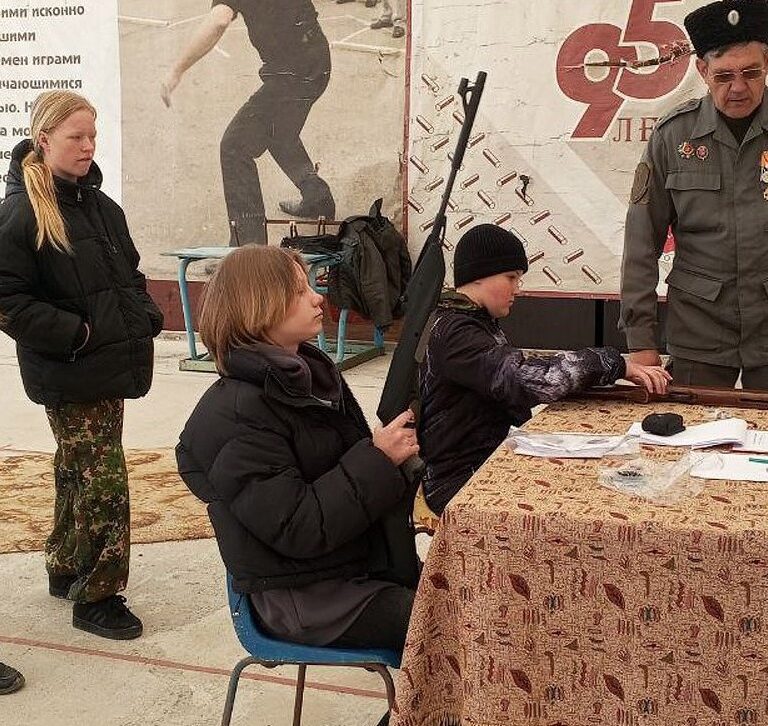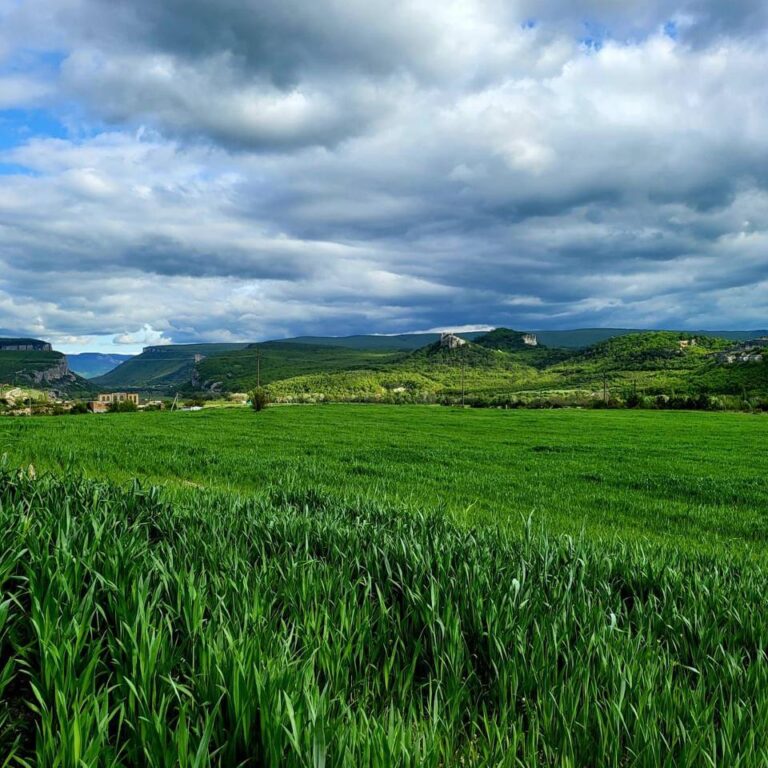On June, 30 OSCE Parliamentary Assembly, gathered on its annual session in Bucharest, adopted resolution “Security and Geopolitical Challenges on the OSCE Region: Ten Years of Armed Aggression by the Russian Federation against Ukraine”, draft of which was published by Ukrainian delegation. Resolution highlighted Russia’s deliberate obstruction of the Minsk and Normandy peace processes, which involved over 200 meetings since 2014, and noting that during this time, Russia was preparing for the full-scale military invasion of Ukraine.
Resolution reiterated the non-recognition of the attempted illegal annexation by Russia of the temporarily occupied AR of Crimea and the city of Sevastopol, parts of the Donetsk, Kherson, Luhansk, and Zaporizhzhia regions of Ukraine. Resolution pointed that Russian soldiers commit crimes in various regions of Ukraine, which are intended to destroy, in whole or in part, the Ukrainian people as a nation; and these actions constitute crimes against humanity and acts of genocide under the Convention on the Prevention and Punishment of the Crime of Genocide.
Resolution pointed also that the actions of the Russian leadership to transfer Ukrainian children from one national group to another, including by forcibly granting them Russian citizenship, constitute a sign of genocide, and added regarding this issue that the ICC’s order to arrest Vladimir Putin must be implemented; he must be arrested and handed over to international justice.
Resolution recognized that the deliberate environmental destruction and ecocide carried out by Russian forces in Ukraine, undermine common international achievements in environmental protection and climate change obligations, and have long-lasting, far-reaching consequences for all of Europe. Resolution highlighted also the critical importance of recognizing Russia’s deliberate mass destruction of flora and fauna, the poisoning of the atmosphere and water resources, and other actions that could lead to an environmental catastrophe as acts of ecocide.
Resolution separately strongly condemned the ongoing systematic violations of human rights and fundamental freedoms by Russia as the occupying power in the temporarily occupied Crimea, in which “the most common abuses include violations of the prohibition of torture, rights to liberty and security, citizenship, fair trial, respect for private and family life, education in the native language, and freedoms of thought, conscience, religion, belief, expression, assembly, and association”, and pointed on “denouncing manifestations of intolerance and discrimination, restrictions on property rights, and the degradation of the environment, natural, and cultural heritage”.
Resolution urged the OSCE and the OSCE PA Secretaries General to remain vigilant and responsive to the findings of investigations revealing extensive infiltration by malign actors within their executive structures and requested them “to pay attention to the results of journalist investigations, …which expose a wide-scale infiltration of the Russian special services into the executive structures of both OSCE and its Parliamentary Assembly” and initiate relevant discussions and security checks to rid OSCE of the Russian destructive influence.
Let us remind that our Association systematically informs the OSCE about the circumstances of Russian aggression as a key threat to European security and cooperation.








